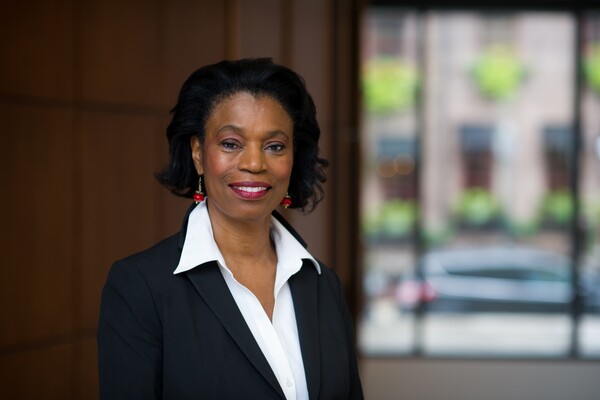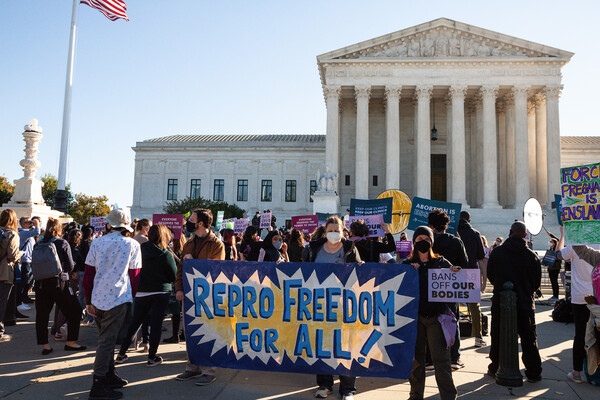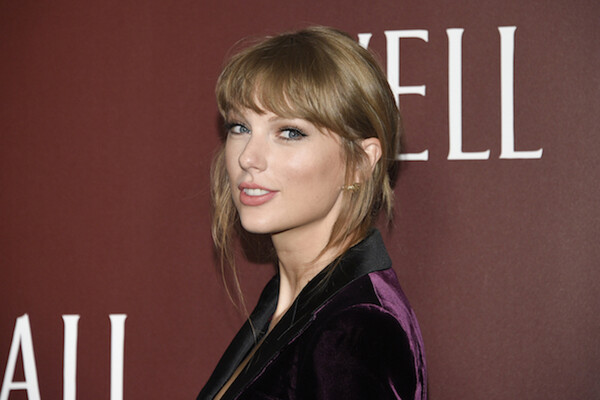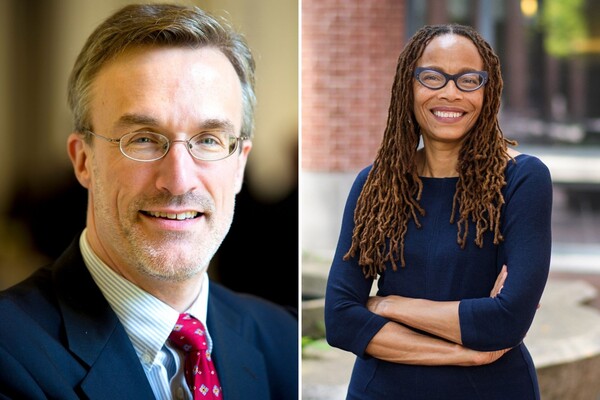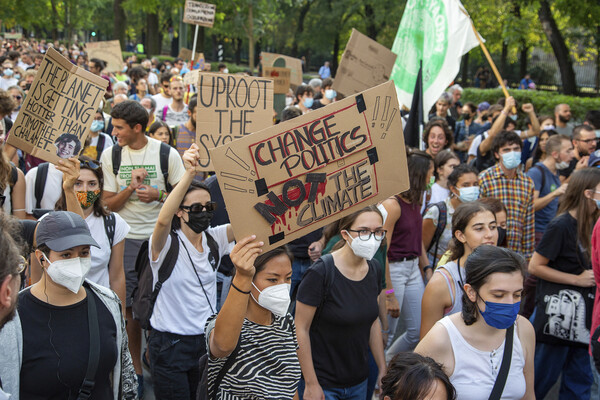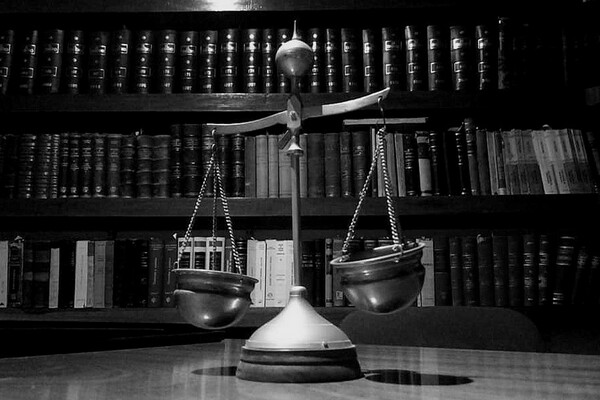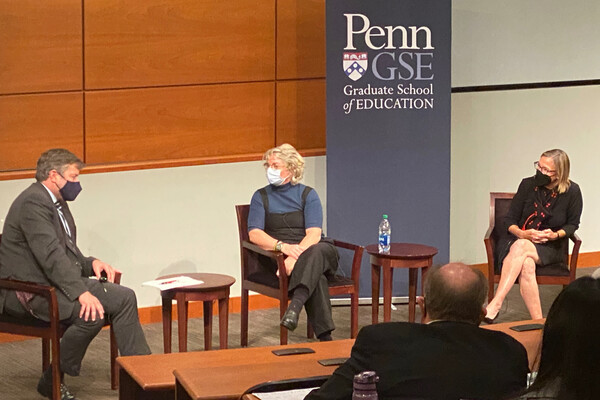11/15
Law
Anita Allen on Facebook, facial recognition, and privacy
The expert on privacy and data protection law explains why Facebook’s decision to shut down its facial-recognition system is good for privacy rights.
Abortion rights in the Supreme Court are ‘in grave jeopardy’
Serena Mayeri, a professor of law and history, argues that the Texas abortion law SB8 has already had devastating short- and long-term consequences, with dire effects on reproductive justice in this country.
Rereleasing ‘Red’: On Taylor Swift’s latest album and music copyright
Cynthia Dahl, a professor at the University of Pennsylvania Carey School of Law and director of the Detkin Intellectual Property and Technology Legal Clinic, discusses music copyright and the Swift controversy.
‘Black Families Matter’
In a lecture organized by the Penn Program on Regulation, PIK Professor Dorothy E. Roberts argued that the U.S. child welfare system is designed to police Black families, not to protect children, and must be abolished and replaced with a new vision of family support and child safety.
Taking a closer look at cryptocurrency
Experts across the University share their thoughts on how cryptocurrency has globally transformed businesses, research, and the environment.
Cary Coglianese on the challenges facing the Paris Agreement
Cary Coglianese of the Law School discusses this year’s COP26 climate summit in Glasgow, where leaders are gathering to decide how best to tackle the climate crisis. He argues that the current strategy of the Paris agreement is inherently flawed.
The state of U.S. immigration
Immigration is once again front and center in the national debate. The Law School's Fernando Chang-Muy explains the U.S.'s complex immigration code.
The role of progressive prosecutors in the criminal justice reform movement
Using Philadelphia as a microcosm, a new law course will analyze the emerging trend of progressive prosecutors’ offices and discuss how their strategies fit into a larger movement for criminal justice reform.
Rising tension between China and Taiwan, explained
Jacques deLisle, the director of The Center for the Study of Contemporary China, shares his thoughts China’s increasing military pressure and what’s next
A conversation with guest lecturer, historian, and best-selling author Jill Lepore
Best-selling author Jill Lepore, a Harvard history professor and staff writer at The New Yorker, spoke about teaching the U.S. Constitution during an era of constitutional crisis in a conversation with Graduate School of Education Dean Pam Grossman and Law School Dean Theodore Ruger.
In the News
Silk Road creator Ross Ulbricht is waiting for Trump to keep his word—and set him free
Leeza Garber of the Wharton School says that legal questions can’t be neatly isolated from ethical and political ones.
FULL STORY →
Courts restrained Trump in first term. Will they ‘check’ his power again?
Kate Shaw of Penn Carey Law says that the current Supreme Court is less likely to act as a check on presidential power than the Supreme Court of a few years ago.
FULL STORY →
What a Trump presidency might mean for Mayor Adams’s criminal case
Claire Finkelstein of Penn Carey Law comments on the incoming presidential administration and the legal woes of the New York City mayor.
FULL STORY →
Elon Musk wins big by betting on Trump
Cary Coglianese of Penn Carey Law says that Elon Musk might view himself as capable of “turning around the federal government.”
FULL STORY →
What a reelected Trump can and can’t do to sway the Fed
Peter Conti-Brown of the Wharton School says that whether a president can remove the Federal Reserve chair is ambiguous because the law doesn’t explicitly provide “for cause” protection for the role.
FULL STORY →
Election Day 2024: Can people see who I vote for?
Michael Morse of Penn Carey Law says that ballots are anonymous and won’t be connected back to a name when tabulated.
FULL STORY →




